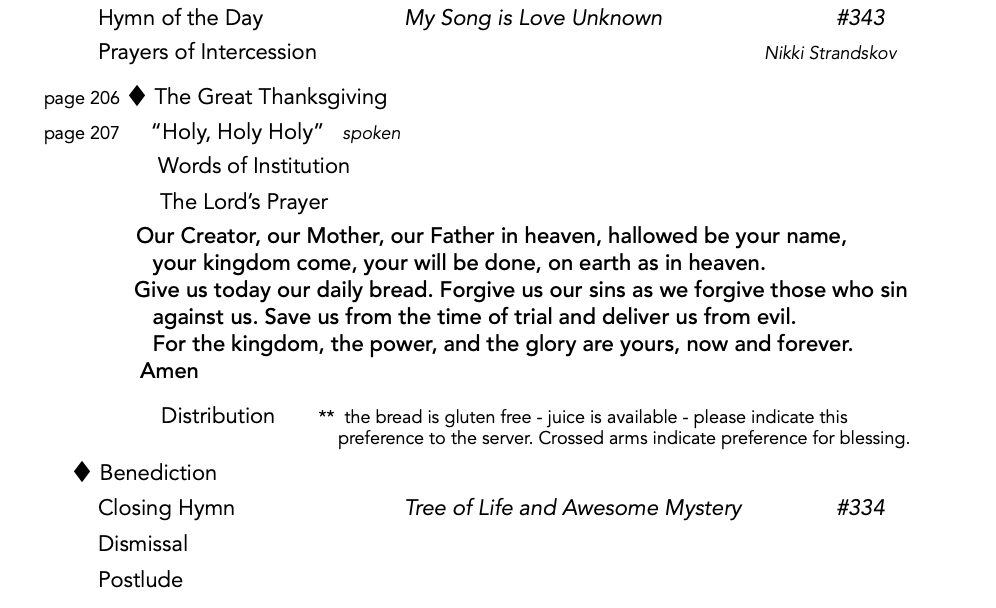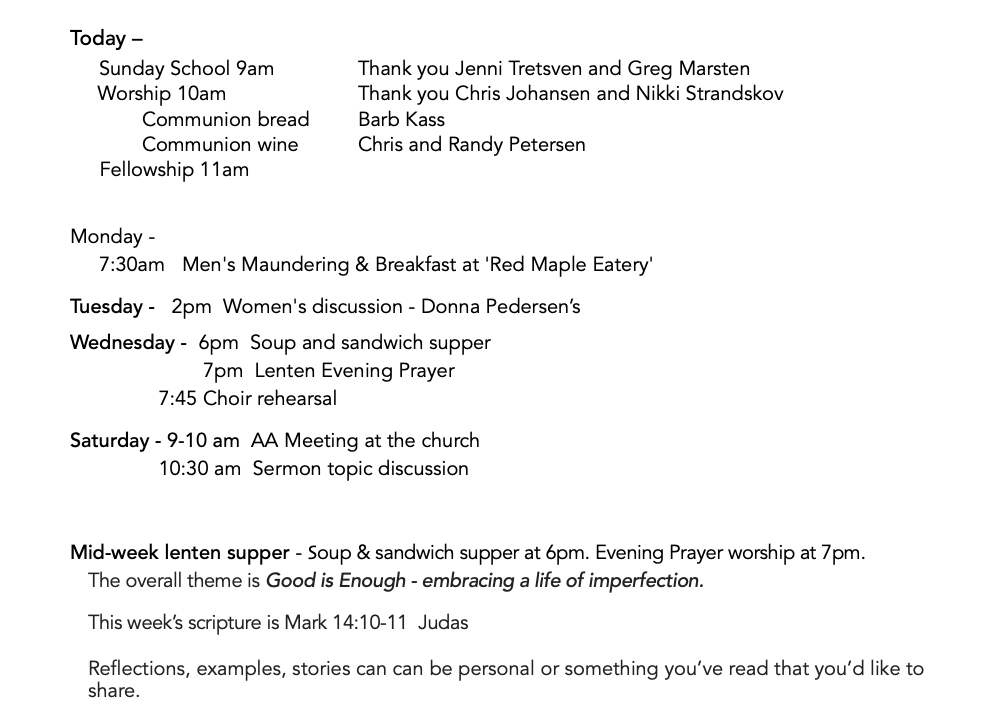Audio Recording
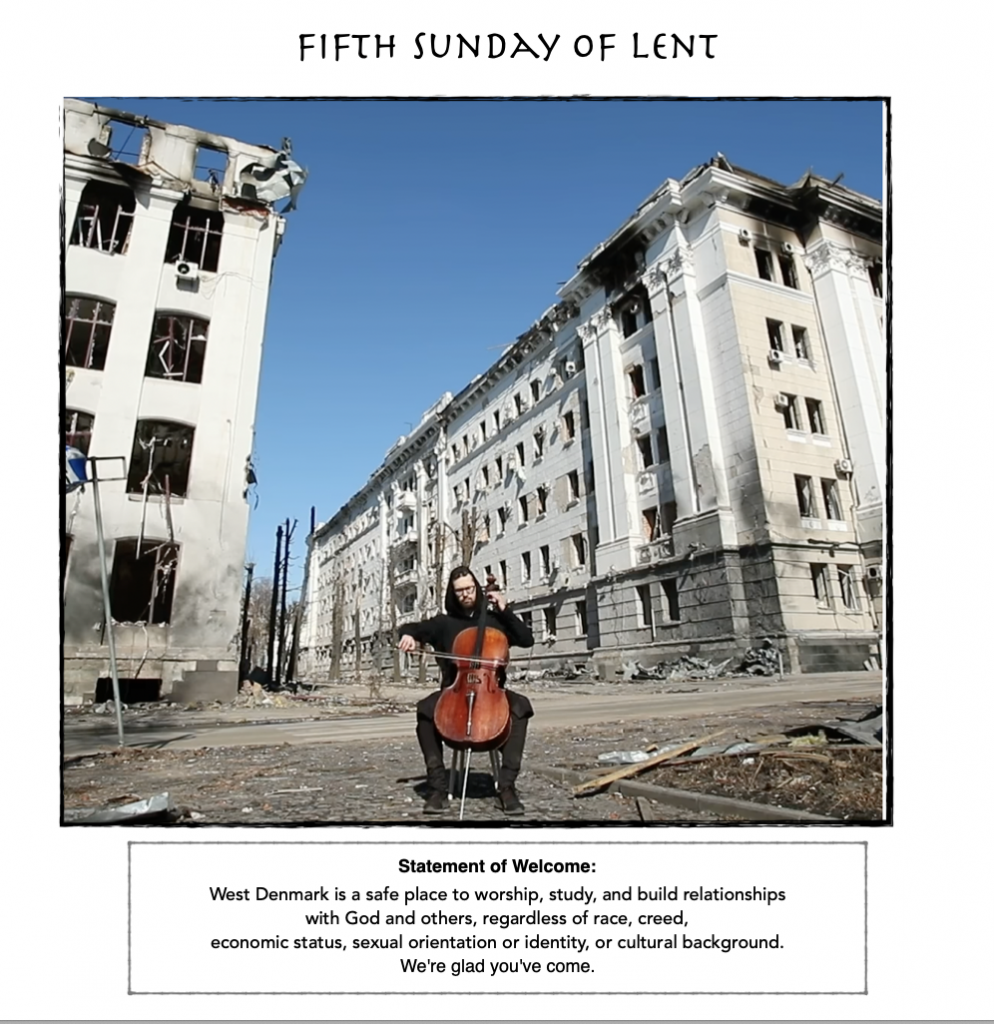
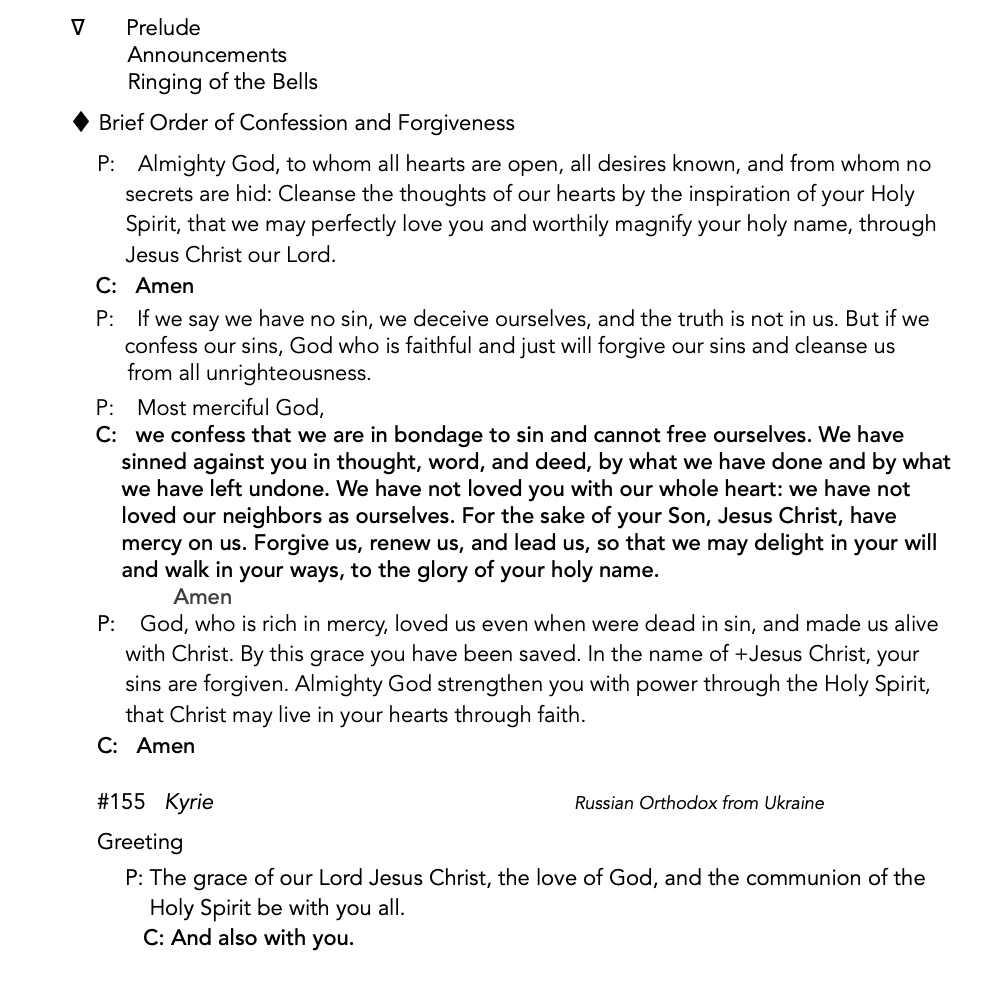
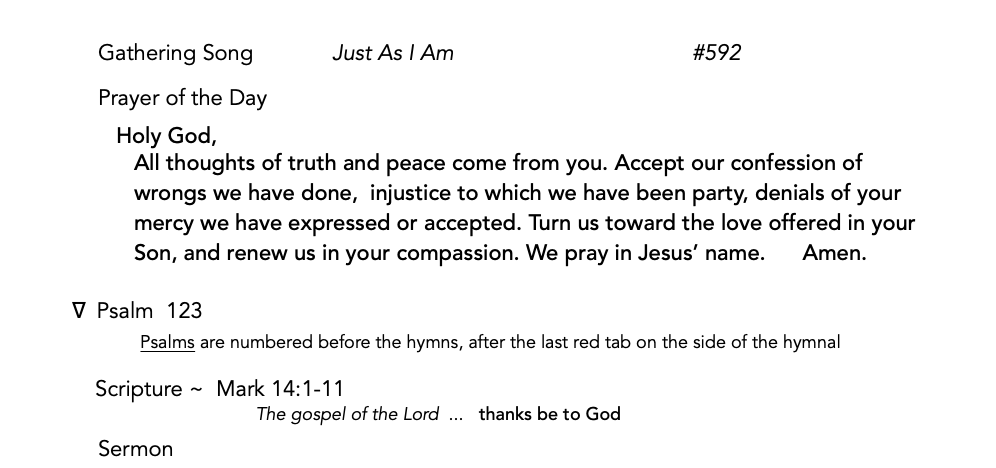
Mark 14:1-11
It was two days before the Passover and the festival of Unleavened Bread. The chief priests and the scribes were looking for a way to arrest Jesus by stealth and kill him, for they said, ‘Not during the festival, or there may be a riot among the people.’
While he was at Bethany in the house of Simon the leper, as he sat at the table, a woman came with an alabaster jar of very costly ointment of nard, and she broke open the jar and poured the ointment on his head. But some were there who said to one another in anger, “Why was the ointment wasted in this way? For this ointment could have been sold for more than three hundred denarii, and the money given to the poor.”
But Jesus said, “Let her alone; why do you trouble her? She has performed a good service for me. For you always have the poor with you, and you can show kindness to them whenever you wish; but you will not always have me. She has done what she could; she has anointed my body beforehand for its burial. Truly I tell you, wherever the good news is proclaimed in the whole world, what she has done will be told in remembrance of her.”
Then Judas Iscariot, who was one of the twelve, went to the chief priests in order to betray him to them. When they heard it, they were greatly pleased, and promised to give him money. So he began to look for an opportunity to betray him.
Chapter 14 starts a new chapter – quite literally – in Mark’s account of Jesus’ life. It’s not the first time we’ve heard that someone is out to get Jesus – it began with the Pharisees conspiring with Herodians in chapter 3. It’s been a motivation for Jesus’ constant movement in the gospel, but now that he is in Jerusalem, the stage is set and the tension is thick.
Maybe because of that, we tend to rush on ahead, not wanting to know, but not able to linger here in the hours before his arrest and trial. We were also warned in chapter 3 that Judas Iscariot, one of his twelve disciples, would betray him. We’ve been primed for this. Mark’s gospel has been called a passion narrative with a long introduction. The next few chapters are what we’ve been heading for all along. But Mark doesn’t want us to rush, to get it over with. He slows down the action, slows down time – and what he includes is here to be noticed. Once again, there’s a story within a story.
Once again, a woman’s quiet action interrupts the predominant public narrative of males. Tucked in-between the scribes and Pharisees looking for a way to kill Jesus outside the public’s eye and his own disciple coming to their aid, is an unnamed, unknown woman who interrupts a meal.
Each of the four gospels includes a story of a woman anointing Jesus, but the details and timing vary quite a bit. Mark’s is significant not only because it’s the first time the story is told, but because she stands behind him and anoints his head. Anointing in this manner is what prophets did to Israel’s kings. Her anointing is what makes Jesus the Christ, the anointed one. Her action (and God’s). Mark gives us detail. An alabaster jar: white, translucent stone. An ointment made of nard: luxurious, expensive – made from the flowers of spikenard, a plant growing on the slopes of the Himalayan mountains and traded, transported by caravan – costly indeed, and precious, used drop by drop for calming massage or anointing bodies for burial. And this woman breaks the jar, pouring the entire contents over Jesus’ head. Fragrant, slow moving oil coating his hair, sinking down onto his scalp, into his beard, scenting his garments, filling the room, the entire house, with its mesmerizing scent.
It is an act of extravagance. Ecstatic devotion. Like the poor widow, this woman with no name has given it all, holding nothing back. Yes, it could have been sold. Yes, the money could have been given to the poor as a generous blessing. That was what Jesus told the rich man to do when he came looking for the way to eternal life. The critics around the room were right, but they missed the point of devotion, missed the symbolic act of anointing, missed the moment of compassionate, outpouring love given days before Jesus’ own giving. They missed the complex, ephemeral meaning of beauty.
In the movie Babbett’s Feast, based on the story by Isak Dinesen, a woman refugee is taken in by two devout sisters who care for a small religious group in a remote Danish village. In exchange for room and board, she offers to keep house and cook. Soon after, she’s notified of a winning lottery ticket. She offers to create a dinner for the anniversary of their father’s death before she leaves them. The sisters agree, but then fear that their own and the community’s righteousness will be undermined by the luxury of the feast. The meal is a banquet of sumptuous tastes and smells. Afterwards the sisters talk with Babette about her return home. She tells them that she will be staying on as a housekeeper because she has spent all her lottery winnings on the meal, her extravagant outpouring of love.
Like a meal once it is consumed, fragrance is ephemeral. The scent of the nard filled the room and gradually faded. But it doesn’t take much imagination to realize that Jesus would retain this scent, this fragrance throughout the remaining two days of his life. She did anoint him for his death and burial as he said, a last act of love and human kindness while, outside in the night, his own Judas went to the chief priests, receiving an extravagant sum for his action of betrayal.
In the face of the forces of death and destruction that are gathering around Jesus, this woman offers beauty and love. It seemed like a waste to the onlookers. If we were reading this all in one sweep and could hold the imagery of her actions, we would see and smell the anointing of Jesus as king hours before he is crowned by Pilate’s soldiers with thorns and draped with a purple cloak. It is a complex, confusing, emotional image of the one we call Christ, the son of God.
Jesus said whenever the story is told, she will be remembered. But somehow the church missed that message. We repeat this story in every communion liturgy – in the night in which he was betrayed… I’ve added her into the book of liturgy where she should be – in the night in which he was both anointed and betrayed…
This story within a story is important for our lives outside of liturgy and scripture. Beauty and love are powers that transform and transcend. They aren’t practical, economic, militaristic. Beauty and love are as hard to pin down as a fragrance, but they are what matters, ultimately. Not our stuff. Not our edifices. Not our power or strength or wealth. There is a ‘last shall be first, least shall be greatest’ economy to love and beauty. Hope grows from kindness in a cruel world, from beauty against a backdrop of brutality.
We can see that played out in Ukraine with music. There have been violins playing in bomb shelters, choruses of the national anthem sung in the streets. An Italian, Davide Martello, has been playing piano for refugees arriving in Poland, wanting to give them something beautiful as they leave the violence behind.
Denys Karachevtsev is the cellist on the bulletin cover. A citizen of Kharkiv, he plays in the ruins to give hope. “I love my heroic city which is now struggling to survive the war. I deeply believe that we can help.” He is doing what he can do. Bach’s cello suites are not ammunition, but they may have power.
Sometimes it feels like we are too embedded in anger and exploitation and self-interest, too far along the path of self-destruction to turn back. We don’t need more powerful weapons or better arguments, maybe what we need is more imagination, more acts of extravagance, more devious beauty.
What is it that you can do? In your hands you hold a vessel. Close your eyes and imagine it, feel its weight, its composition. Is it warm or cool? Heavy or light? Your vessel is full. Inside it is your extravagant gift, unique to you. What senses does it activate – sound, touch, scent? It is precious… a treasure that is yours to give. Can you name it? Sense it? Where would you use it or share it or give it? What lies in your power? What is it you can do?
Pastor Linda
